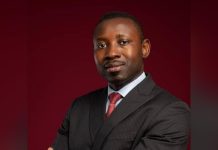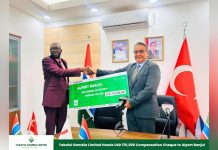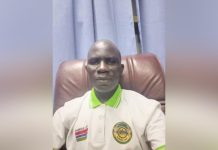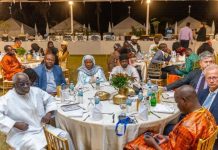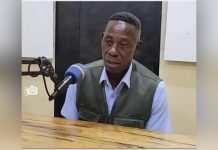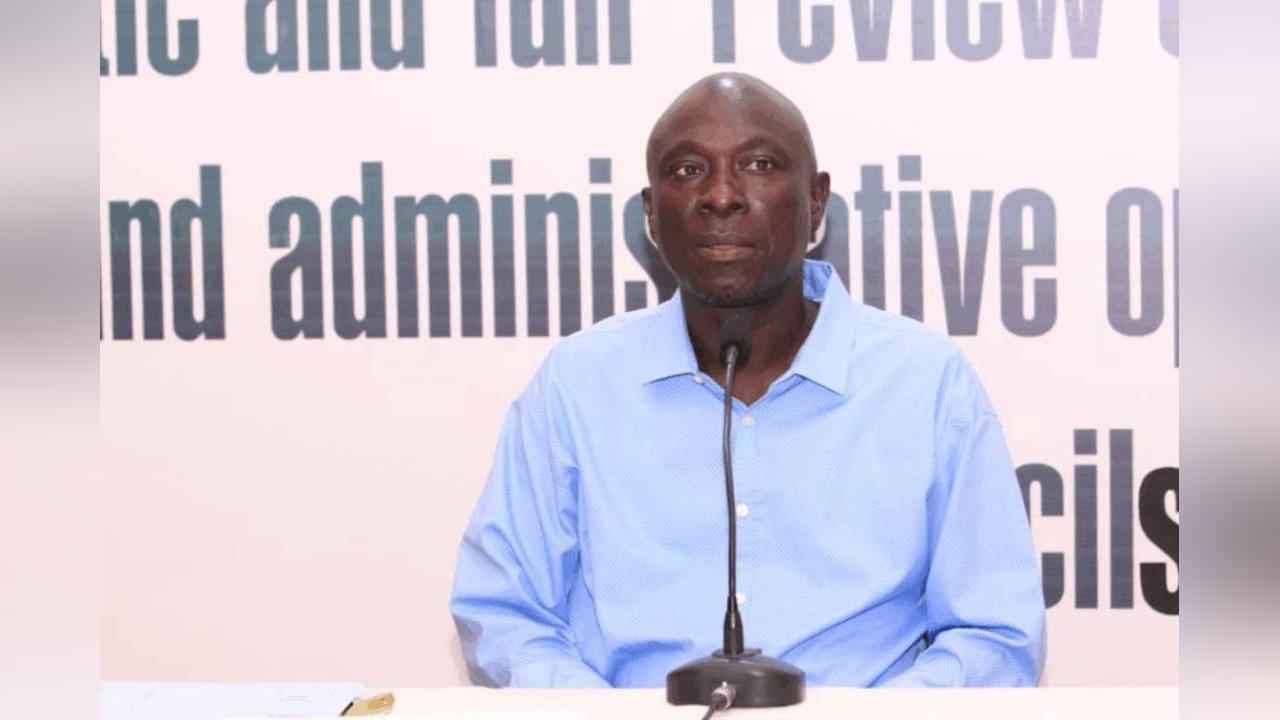
Africa-Press – Gambia. Makumba Sanneh, advisor to the Banjul City Council (BCC), faced pointed questions regarding his qualifications and financial dealings during his testimony at the ongoing Local Government Commission inquiry on Tuesday.
Sanneh, who was appointed to the role in 2019, acknowledged during the hearing that his experience was limited at the time of his appointment. He explained that his recommendation for the position came from the Mayor after he volunteered for a task force established following the 2018 elections.
Under questioning from lead counsel Patrick Gomez, Sanneh was asked to clarify what unique qualifications he brought to the table as an advisor to the Mayor, CEO, and the Council, considering the general council’s responsibilities. In response, Sanneh emphasized his role as the Mayor’s campaign manager, asserting that the Mayor believed his experience and knowledge of Banjul’s challenges made him the right choice for the advisory position.
Gomez, however, suggested that Sanneh’s appointment was largely due to his connection with the Mayor’s campaign rather than any formal qualifications. Sanneh did not contest this assertion.
The witness also revealed that he receives a monthly salary and allowance totaling D20,000. His advisory role primarily involves offering general guidance on issues such as streetlights and waste collection.
Further inquiries revealed Sanneh’s involvement in revenue collection activities, specifically with Pa Modou, the license manager, for issuing invoices. Despite being present during these activities, Sanneh insisted that he did not personally collect revenue, claiming that the money was collected by a designated revenue collector after the issuance of licenses.
However, Gomez pointed out that the investigation indicated Sanneh had been frequently referred to as the overseer of the license unit. Sanneh confirmed that the CEO had verbally instructed him to oversee the unit, although he denied any active role in revenue collection.“You were to advise the director of finance. How can you advise the director of finance when you don’t have the qualification?” Lead counsel asked.
“Sometimes, for example, when I go to the market and see the collectors collecting revenue and I see the zone is big, and one person cannot do the collection, so I will go to the director of finance to add another collector,” the witness responded.
Lead counsel suggested to the witness that what he described was not a legitimate job, and that if he were being truthful with himself—and if others were honest with him—he would admit he did not hold an official position at BCC. The counsel emphasized that BCC has a clear structure, including a finance director, collectors, and managers who are responsible for the various zones.
“For me, my work is to advise them on what they are doing,” the witness responded.
The witness also confirmed that his salary and allowance had been increased to 35,000 Dalasi. However, the lead counsel questioned the basis for the raise, pointing out that he was not officially employed by the council.
“I don’t know; they increased it. They told me they were increasing staff salaries and they also increased my salary,” he responded.
Lead Counsel Gomez also questioned the witness about his accounts at GT Bank and BSIC Bank, both of which were admitted into evidence.
Gomez pointed out that the witness deposited three hundred thousand dalasis on March 24, 2022, and asked, “Where did you get this?”
“This money was paid to me. I lent the money, D2.1 million, to my sister in 2018. She brings a container from China. When she came she started paying me and this is what I deposited in my account. I never had an account. It is because of BCC I opened an account so that they can be paying my salary there,” He Said.
“You don’t have a bank account, so where did you keep the 2.1 million dalasis? You don’t travel with that amount of money,” the lead counsel asked.
In response, the witness stated that he returned to The Gambia in 2017 and had left the money with his mother, from whom he later retrieved it. He also mentioned that his sister paid him in cash.
The lead counsel then proceeded to reference several deposits made into the witness’s bank account, indicating substantial savings:
On 16th November 2022, a deposit of 300,000 dalasis
On 24th March 2023, a deposit of 50,000 dalasis at BISC Bank
On 28th April 2021, a deposit of 149,000 dalasis, followed in the same month by another deposit of 139,222 dalasis
Additional deposits of 35,000 and 10,000 dalasis in 2021 alone
“The list continues,” the lead counsel said. “You are not making withdrawals — you are depositing large sums of money regularly.”
He further noted that in May alone, two deposits were made: one of 184,000 dalasis and another of 194,000 dalasis. At one point, the account balance reached as high as 1,226,106 dalasis.
Lead counsel asked if there had been a substantial deposit into the account.
The witness explained that the funds being referred to by the lead counsel were the allowances paid into his current account, which were then transferred to his savings account.
Counsel Gomez pointed out to the witness that prior to his role as an adviser, he did not have such a large amount of money, and that it was only after becoming an adviser that he started accumulating these funds. “Lead counsel, I disagree with you. I have been in Europe for 30 years and have worked every year. I came to Gambia for a holiday with my money. I did not open an account. My mother kept my money. I took all my siblings to Europe,” the witness said.
For More News And Analysis About Gambia Follow Africa-Press

